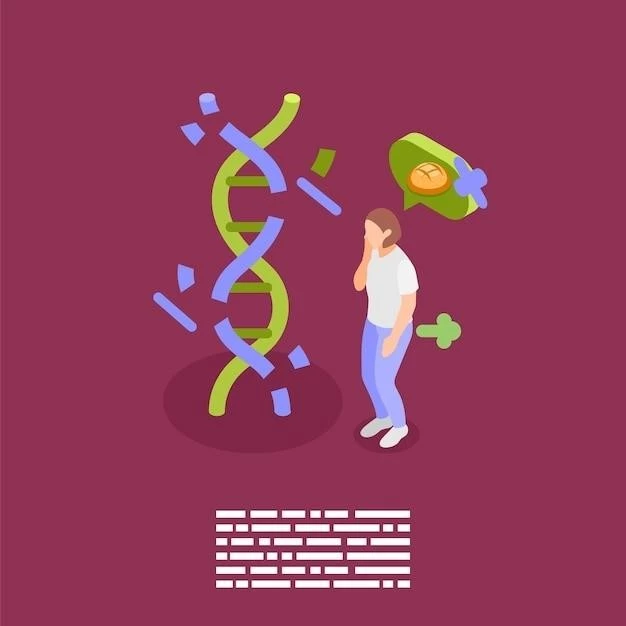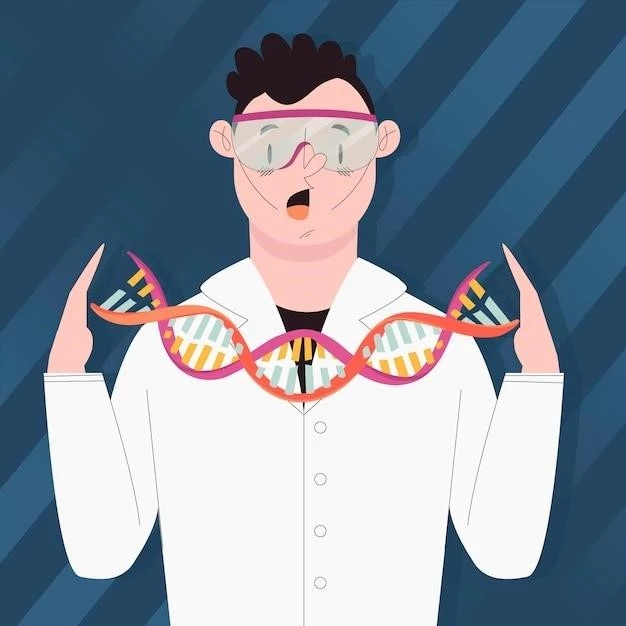Understanding Chromosome 21 Abnormalities
Causes of Tetrasomy 21q
Causes of Tetrasomy 21q, a rare genetic condition where there are four copies of chromosome 21 instead of the usual two, can include errors during cell division leading to an extra copy of the chromosome. This extra genetic material can result in developmental delays and intellectual disabilities. Additionally, various genetic mutations and translocations can contribute to the occurrence of Tetrasomy 21q. Understanding the underlying genetic mechanisms is crucial in comprehending the origin of this chromosomal abnormality.
Symptoms of Chromosome 21 Disorders
Chromosome 21 disorders, including Tetrasomy 21q, can present a range of symptoms such as developmental delays, intellectual disabilities, characteristic facial features (such as almond-shaped eyes and a flat nasal bridge), heart defects, muscle weakness, and poor muscle tone. Individuals with Tetrasomy 21q may also exhibit speech and language difficulties, distinctive hand shapes, and delayed growth. Recognizing these symptoms is essential for early diagnosis and intervention to provide appropriate medical care and support.

Treatment Options for Tetrasomy 21q
When addressing Tetrasomy 21q, treatment focuses on managing the associated symptoms and complications. This may involve early intervention programs including physical, speech, and occupational therapy to support developmental delays. In addition, medical interventions such as surgeries to address heart defects or other physical abnormalities may be necessary. Educational support tailored to the individual’s needs can also aid in maximizing the overall quality of life for those with Tetrasomy 21q. It is essential for healthcare professionals to collaborate closely with families to create personalized treatment plans that address the specific challenges presented by this chromosomal anomaly.
Genetic Counseling for Chromosome 21 Abnormalities
Genetic counseling is paramount for families affected by Chromosome 21 abnormalities like Tetrasomy 21q. Through genetic counseling, families can gain a better understanding of the genetic factors contributing to the condition, its inheritance patterns, and the potential risks in future pregnancies. Genetic counselors provide support, resources, and guidance to help families make informed decisions about family planning and managing the impact of the chromosomal abnormality. By addressing the psychological, emotional, and informational needs of families, genetic counseling plays a crucial role in empowering individuals to navigate the complexities associated with Chromosome 21 abnormalities.
Managing Developmental Delays in Tetrasomy 21q
Managing developmental delays in individuals with Tetrasomy 21q involves a multidisciplinary approach. This may include early intervention services focusing on speech, physical, and occupational therapy to promote optimal development. Individualized education plans can help address learning challenges and provide tailored support. Regular developmental assessments and monitoring are essential to track progress and adjust interventions accordingly. Creating a supportive environment that nurtures growth and independence is key in managing developmental delays associated with Tetrasomy 21q. Family involvement and collaboration with healthcare professionals are vital components of an effective management strategy.
Early Detection of Chromosome 21 Anomalies
Early detection of Chromosome 21 anomalies٫ including Tetrasomy 21q٫ is crucial for timely intervention and support. Screening tests during pregnancy٫ such as prenatal genetic testing and diagnostic procedures like amniocentesis٫ can identify chromosomal abnormalities. After birth٫ clinical evaluation and genetic testing may confirm the presence of Tetrasomy 21q. Early recognition allows healthcare providers to initiate appropriate medical care٫ early intervention services٫ and family support. Increased awareness among healthcare professionals and access to genetic testing contribute to the early detection of Chromosome 21 anomalies٫ ensuring prompt management and improved outcomes.
Support Services for Families Affected by Tetrasomy 21q
Families affected by Tetrasomy 21q benefit from a range of support services aimed at enhancing their well-being and addressing the challenges associated with this condition. Support groups, counseling services, and respite care programs offer emotional support and guidance to families navigating the complexities of Tetrasomy 21q. Educational resources, advocacy organizations, and online forums provide valuable information and a sense of community. Access to early intervention programs, specialized medical care, and financial assistance can alleviate the burden on families. By promoting awareness, empowerment, and collaboration, support services play a vital role in enhancing the quality of life for families affected by Tetrasomy 21q.
Research Advances in Chromosome 21 Conditions
Ongoing research into Chromosome 21 conditions, including Tetrasomy 21q, is paving the way for a deeper understanding of the genetic mechanisms underlying these disorders. Advances in genetic technologies, such as next-generation sequencing and gene editing techniques, are enhancing our ability to study the intricacies of Chromosome 21 abnormalities. Researchers are exploring potential gene therapies, targeted treatments, and early detection methods to improve outcomes for individuals with Tetrasomy 21q. Collaborative initiatives among scientists, clinicians, and advocacy groups are driving progress in the field, with a focus on developing innovative interventions and personalized approaches to managing Chromosome 21 conditions. The evolution of research in this area holds promise for the future of individuals affected by Tetrasomy 21q.
